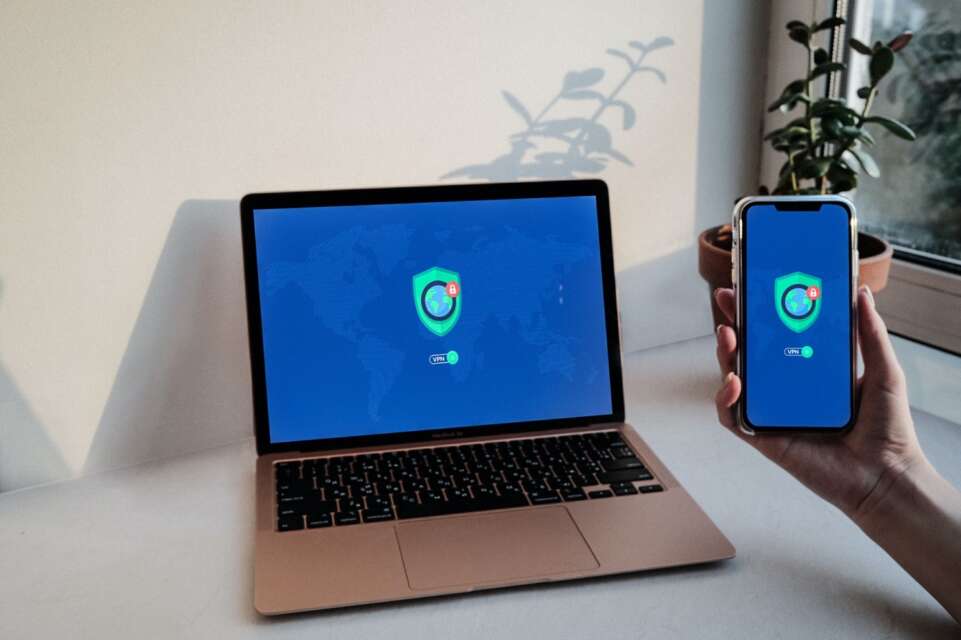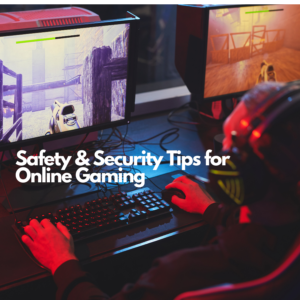Virtual Private Networks, or VPNs, have become a hot topic lately—chances are you’ve heard your go-to YouTube personalities mention them. But amidst the buzz, there’s a heap of confusion and misconceptions about this digital safeguard.
So, let’s set the record straight: What are the actual facts about VPNs, and which are just myths? Let’s dispel popular VPN myths and find the truth in it all.
#1 Only Those Who Have Something to Hide Need a VPN
Many individuals residing in nations where censorship isn’t heavily enforced may underestimate the importance of using a VPN. Nevertheless, irrespective of location, issues such as hacking, unauthorized data acquisition, online tracking, and targeted advertising are rampant wherever there’s an internet presence. Furthermore, data violation incidents are not only commonplace and expensive but also exhibit no signs of abating.
Regularly, we connect to free Wi-Fi in public spaces like airports and cafes without much consideration. But the reality is, that it’s challenging to ascertain the authenticity of these networks or to guarantee they are not controlled by cybercriminals.
Even when a network seems reputable, the lack of security measures means that individuals with some level of tech expertise could potentially gain access to your online activities, personal details, and password credentials.
#2 VPNs Can Bypass Any Geo-Restrictions
Connecting to a VPN server located in a country different from your own can allow you to mask your real IP address, giving the appearance that you are browsing from the server’s location. This can be especially useful if you want to access streaming content or services typically available exclusively to residents of that area.
Take, for instance, when you hold a subscription to a streaming service based in the United States and you’re traveling internationally. There’s a possibility you won’t be able to stream your favorite shows due to geographical restrictions. A VPN could solve this by setting your IP address to appear as if you’re still in the US.
Nevertheless, it’s not a foolproof solution. Advanced technology harnessed by some websites and various streaming platforms can detect the presence of a VPN and consequently restrict your access. However, if you do everything right, you can find a way to change download locations. The key to how to change download location is choosing the right VPN service. For example, VeePN can bypass almost any regional restrictions, but most VPN services cannot do this. In this matter, everything basically depends on the VPN provider.
#3 VPNs are Illegal
The permissibility of Virtual Private Networks (VPNs) is subject to the regulations of each individual country. In nations where censorship and scrutiny of internet activities are intensively enforced, the use of VPNs is typically prohibited. This is due to VPNs’ ability to empower users to circumvent governmental blocks and monitoring systems, posing a challenge to those authorities.
Contrary to some beliefs, VPNs are not tools exclusive to hackers and individuals engaging in criminal activities. The misconception that VPNs are inherently illegal is unfounded. Engaging in illegal acts online is against the law with or without a VPN. However, VPNs serve numerous lawful purposes and are employed by countless individuals globally for legitimate reasons. They provide a secure and confidential way for users to surf the internet, conduct research on sensitive matters, and protect their personal online information, especially when using public networks during travel.
#4 Free and Paid VPNs are the Same
It’s understandable to hesitate before adding yet another recurring payment to your list of subscriptions. However, if safeguarding your online privacy is a priority, reconsider the allure of free VPN services.
While it’s tempting to opt for a no-cost solution, such free services frequently lack the dedication to privacy you find with their paid counterparts. The logic is straightforward: if the service is provided without cost to you, the company must generate revenue by other means, which might involve monetizing your user data through third-party sharing. This, unfortunately, could place your privacy and security at risk.
In addition to potential data privacy issues, free VPNs often have a smaller selection of servers. You may find that your connection lags or becomes unstable during times of high traffic. In contrast, premium VPNs boast a more extensive network of servers worldwide, offering you faster and more stable connections.
#5 VPNs are Too Complicated for Most Users
Understanding the intricate workings of VPNs can be daunting, even for those with a strong technical background. Grasping technical concepts, such as elliptic curve cryptography—which involves calculations on a randomly chosen elliptic curve to find logarithms—may seem overwhelming and require extensive study.
However, the actual use of a VPN is remarkably simple and doesn’t require a deep understanding of the underlying technology. Much like you don’t need to comprehend the complex processes your smartphone undergoes to load a webpage, you don’t need to understand the specifics of VPN technology to use it effectively.
To start using a VPN, the process is typically as easy as opening the application, hitting the ‘Connect’ button, and waiting a few moments to receive confirmation that you’re connected. Once connected, you can continue using the internet as you normally would, with the added benefit that the VPN is working behind the scenes to encrypt your data and shield your online activities from prying eyes. The ease of use is one of the many appealing aspects of modern VPNs.
#6 Using a VPN Cuts Internet Speeds
When you connect to a VPN, it’s like sending your internet activity on a secure detour. Your online data is wrapped in a layer of encryption, sent to a remote VPN server, and then unwrapped before it reaches its final destination. This is a bit like taking a longer route to your friend’s house to avoid a traffic jam—it may take a little extra time, but it keeps your journey hidden from prying eyes.
However, this secure path can sometimes slow things down, especially if the VPN server is far away from you. Imagine if your friend lived on another continent; reaching them would naturally take longer.
But here’s a neat trick: if you choose a VPN server that’s close to you, you might not even notice the detour. It can be almost as fast as the direct route! In fact, our evaluations often reveal that the top VPNs can provide surprisingly quick connections.
Take our latest findings, for instance. Even the slowest connection using the modern WireGuard protocol from our top ten VPN providers clocked in at an impressive 450Mbps. That’s fast! Of course, the speed you experience will vary based on your own gadgets and internet service, but with a high-grade VPN, you can expect performance that meets your needs without any fuss. Even with the help of a free extension, you can get good Internet speed. First of all, pay attention to the provider, and not the application format or any predispositions.
#7 A VPN is Not Necessary at Home
Using a VPN is crucial not only in public spaces with Wi-Fi but also within the comfort of your own home. It serves as a shield for your personal data against potential snooping by internet service providers (ISPs) and cyber criminals.
As you navigate the web unshielded by a VPN, your ISP can monitor and record your online destinations. Unscrupulous ISPs may exploit this information by trading it to advertisers or others, thus invading your privacy.
Furthermore, ISPs are known to manipulate bandwidth when customers engage in activities like gaming, streaming, or P2P sharing. A VPN keeps your online actions hidden through encryption, thereby thwarting your ISP’s attempts to gather data on you or to meddle with your connection speed based on your activities.
Conclusion
Questioning your VPN is not only okay – it’s recommended! Being well-informed about the product or service you’re investing in is crucial. Understanding the functions, benefits, and limitations of a VPN is key to making an educated decision. Thankfully, this discussion aims to debunk myths and provide you with a fresh perspective.









